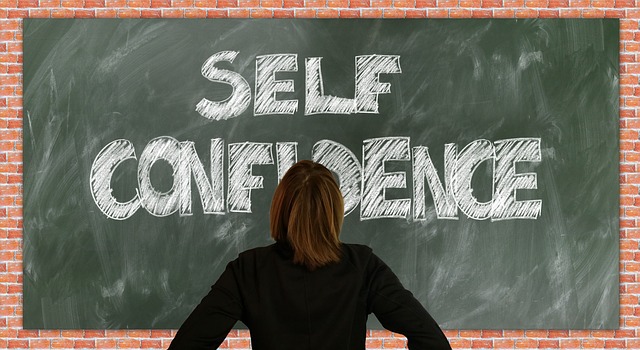Training your mind to run well is just as important as training your body. Confidence is an essential part of this skillset which can be developed alongside your physical training.
Any athlete who seeks to perform at their best knows the importance of mental training to complement their physical performance. Whether it’s a tough workout, a local 5k, or competing on the world stage at the Olympics, having confidence in your abilities will help you get the most out of yourself.
While a lack of confidence can be damaging to your performance, so can being overconfident. Like any skill, developing confidence takes practice. For some athletes confidence is more innate, while others may require practice to develop the right mindset. Coaches and mindset consultants who work with athletes can be an enormous asset to this development process.
Greg Chertok on building sport-specific confidence
This week on the podcast I have a guest with over a decade of experience creating mental training programs for a wide range of athletes. Greg Chertok has worked with youth athletes as well as professionals, including Olympians, NCAA and Super Bowl champions and Stanley Cup players. As a performance and mental skills consultant, Greg is an expert at helping others build sport-specific confidence.
Confidence is a word that gets used frequently in relation to sports, but athletes often struggle to articulate what it means in practice. It’s similar to “mental toughness.”
Instead of thinking about confidence in a fixed, unchangeable way, you’ll benefit far more from realizing it is something that can be trained. Just like any skill, it takes continued practice to both improve and maintain confidence in any challenging endeavor.
Greg and I discuss many aspects of developing sport-specific confidence, including:
- How can we define confidence?
- Is confidence innate or can it be changed?
- Why confidence and a growth mindset are intertwined
- How to make confidence building part of your daily training
- What are common “confidence killers”?
Learning how to build confidence is simpler than you think! Our conversation will help you make it part of an ongoing process alongside your training.
Subscribe to the podcast in Apple Podcasts, Spotify, Stitcher, iHeartRadio, or Google Play
Links & Resources from the Show:
Thank You InsideTracker!

This episode is brought to you by InsideTracker, one of the most reputable blood testing companies in the world. They were founded in 2009 by aging, genetics, and biometrics scientists to help you analyze your body’s data and get a firm idea of how well you’re responding to training.
Understanding your body’s biomarkers, from stress hormones to testosterone to Vitamin D, can help you figure out if you’re over-training, under-training, optimally training, or if you have a health issue that might be affecting your running. But the best part is that they give you personalized optimal ranges for each of these biomarkers and a host of ways to improve these markers through diet, lifestyle, or exercise changes.
I’ve gotten several Ultimate tests from them and the process is simple, easy, and very eye-opening if you haven’t done a deep dive on your biomarkers yet. Of all the investments you can make in your running, this one is like getting a detailed checkup or regularly scheduled maintenance for your internal physiology. Get yours today!
Thank you Elemental Labs!
A big thanks to Elemental Labs for their support of this episode! They make electrolyte drinks for athletes and low-carb folks with no sugar, artificial ingredients, or colors. And you can get a free sampler pack of 4 flavors and 8 individual packets when you pay $5 in shipping.
Elemental Labs’ products have some of the highest sodium concentrations that you can find. Anybody who runs a lot knows that sodium, as well as other electrolytes like magnesium and potassium, are essential to our performance and how we feel throughout the day.
The citrus flavor has quickly become my favorite. I’m drinking one a day now to help me get enough fluids in our dry Colorado air. It’s tasty and delicious and I find that I’m not peeing every 45 minutes throughout the day, which might be an indication I wasn’t eating enough sodium.
There’s now mounting evidence that higher sodium intake levels are not unhealthy – and athletes need substantially more than your typical sedentary person. Of course, ask your doctor if you’re worried. But for those athletes running outside in the heat, an electrolyte replacement makes a lot of sense. So check out Elemental Labs to try their new flavor or get a free sampler pack.
